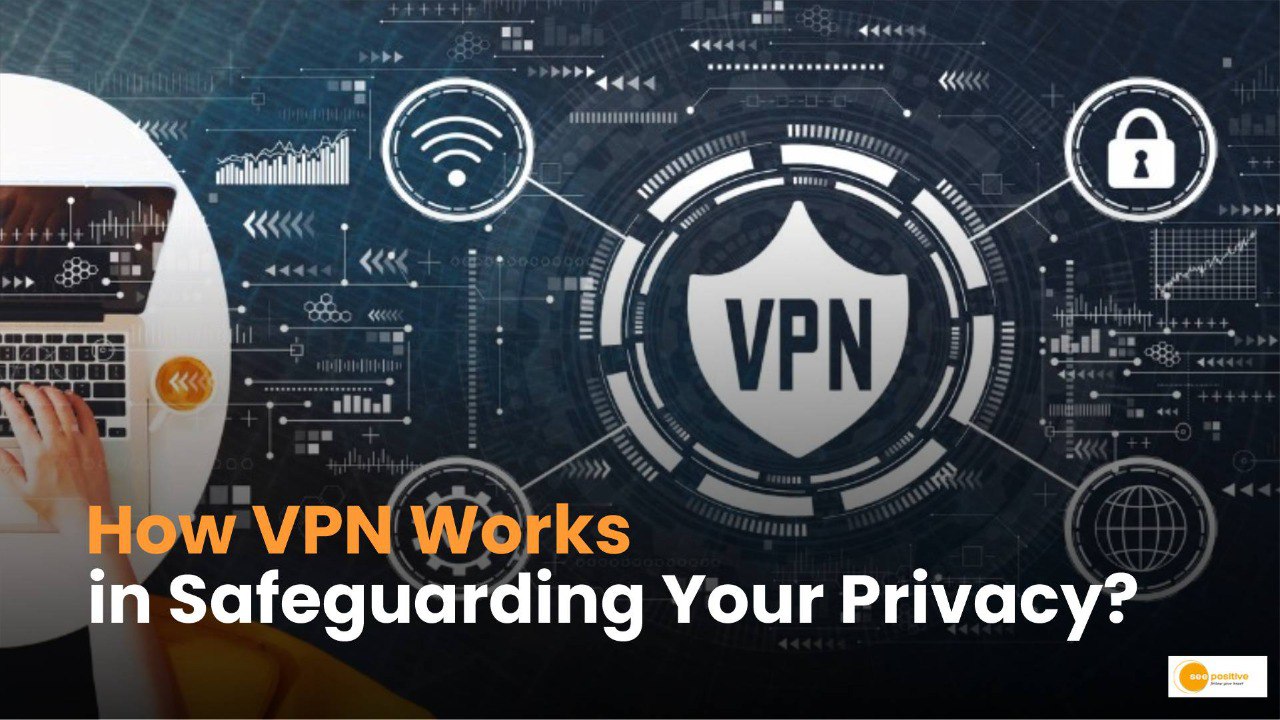A Virtual Private Network (VPN) is a powerful tool that can enhance your online privacy, security, and accessibility. Let’s explore what VPNs are, how they work, and why you should use one.
What Is a VPN?
A VPN establishes a secure, encrypted connection between your device (such as your computer or smartphone) and a remote server operated by a VPN provider. This connection creates a point-to-point tunnel that encrypts your personal data, masks your IP address, and allows you to bypass website blocks and firewalls on the internet1.
How Does a VPN Work?
When you enable a VPN, it creates an encrypted connection between your device and the VPN server. All your internet traffic is routed through this tunnel to the server, which then sends the traffic off to the public internet as usual. Data coming back to your device follows the same path: from the internet, to the VPN server, through the encrypted connection, and back to your machine1.
Reasons to Use It
1. Privacy Protection
By encrypting your internet traffic and routing it through a VPN server, it becomes harder (though not impossible) for observers to identify you and track your online movements. While VPNs don’t provide total anonymity, they significantly improve your privacy compared to browsing without one1.
2. Security Enhancement
A Virtual Private Network adds an extra layer of security to your online activities. It shields your data from potential eavesdroppers, especially when using public Wi-Fi networks. With bank-grade encryption, a VPN helps protect sensitive information like passwords, financial transactions, and personal messages2.
3. Access Geo-Restricted Content
Many streaming services, websites, and online platforms restrict access based on your geographical location. A Virtual Private Network allows you to bypass these restrictions by connecting to a server in a different country. For example, if a streaming service is unavailable in your region, you can use a VPN to access it by connecting to a server in a supported location3.
4. Bypass Internet Restrictions
In some countries or organizations, internet access is heavily censored or restricted. A Virtual Private Network lets you bypass these restrictions and access blocked websites, social media platforms, or messaging apps. It’s particularly useful for travelers who want to stay connected while abroad3.
Choosing the Right VPN
When selecting a VPN service, consider factors such as speed, server locations, privacy policies, and customer support. Some popular Virtual Private Network providers include NordVPN, Surfshark, ProtonVPN, and TunnelBear. Research and choose the one that best fits your needs and priorities1.
Remember that while VPNs offer significant benefits, it’s essential to use them responsibly and follow any applicable laws and regulations.
Conclusion
A Virtual Private Network is a valuable tool for safeguarding your online privacy, enhancing security, and accessing content from anywhere in the world. Whether you’re working remotely, streaming content, or simply browsing the web, consider using a reliable VPN to protect your digital presence.


